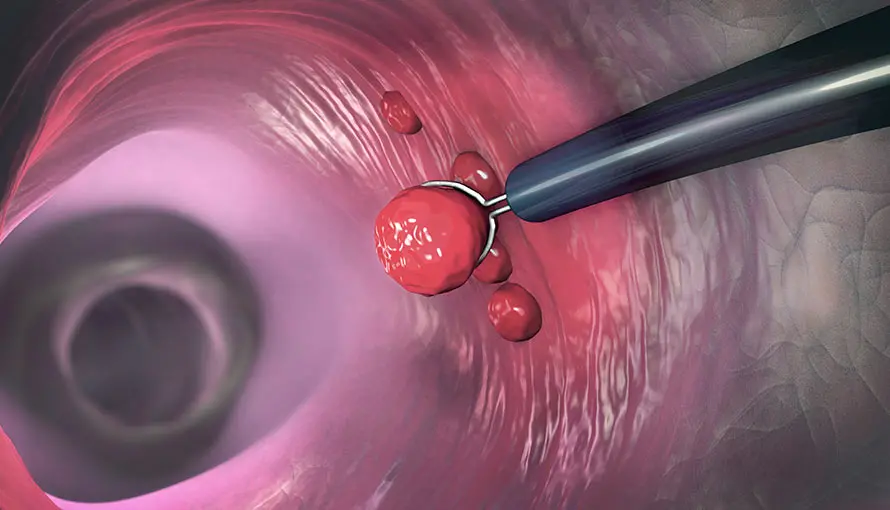- Home
- Medical news & Guidelines
- Anesthesiology
- Cardiology and CTVS
- Critical Care
- Dentistry
- Dermatology
- Diabetes and Endocrinology
- ENT
- Gastroenterology
- Medicine
- Nephrology
- Neurology
- Obstretics-Gynaecology
- Oncology
- Ophthalmology
- Orthopaedics
- Pediatrics-Neonatology
- Psychiatry
- Pulmonology
- Radiology
- Surgery
- Urology
- Laboratory Medicine
- Diet
- Nursing
- Paramedical
- Physiotherapy
- Health news
- Fact Check
- Bone Health Fact Check
- Brain Health Fact Check
- Cancer Related Fact Check
- Child Care Fact Check
- Dental and oral health fact check
- Diabetes and metabolic health fact check
- Diet and Nutrition Fact Check
- Eye and ENT Care Fact Check
- Fitness fact check
- Gut health fact check
- Heart health fact check
- Kidney health fact check
- Medical education fact check
- Men's health fact check
- Respiratory fact check
- Skin and hair care fact check
- Vaccine and Immunization fact check
- Women's health fact check
- AYUSH
- State News
- Andaman and Nicobar Islands
- Andhra Pradesh
- Arunachal Pradesh
- Assam
- Bihar
- Chandigarh
- Chattisgarh
- Dadra and Nagar Haveli
- Daman and Diu
- Delhi
- Goa
- Gujarat
- Haryana
- Himachal Pradesh
- Jammu & Kashmir
- Jharkhand
- Karnataka
- Kerala
- Ladakh
- Lakshadweep
- Madhya Pradesh
- Maharashtra
- Manipur
- Meghalaya
- Mizoram
- Nagaland
- Odisha
- Puducherry
- Punjab
- Rajasthan
- Sikkim
- Tamil Nadu
- Telangana
- Tripura
- Uttar Pradesh
- Uttrakhand
- West Bengal
- Medical Education
- Industry
Family History of Colorectal Polyps Increase the Risk of Colorectal Cancer: Study

Colorectal cancer (CRC) is the second leading cause of cancer-related deaths worldwide. Endoscopic screening reduces the incidence of and mortality from CRC by removal of precursor lesions, namely colorectal polyps. In a recent study, researchers have found a link between family history of colorectal polyps and increased risk of colorectal cancer. The study findings were published in the BMJ on April 01, 2021.
Existing data on the association between family history of colorectal polyps and CRC risk are inconclusive. Whereas some studies reported an increased risk of CRC in first degree relatives of patients with a history of colorectal polyps, others indicated that the risk varied by polyp type and was restricted to large or advanced adenomas. Therefore, Prof.Mingyang Song and his team conducted a study to assess the risk of colorectal cancer (CRC) in first degree relatives (parents and full siblings) of patients with precursor lesions (polyps) for CRC.
In a nationwide case-control study, the researchers used information from several national registers. The researchers included a total of 68 060 patients with CRC from the nationwide ESPRESSO (Epidemiology Strengthened by histoPathology Reports in Sweden) cohort, which included information on gastrointestinal biopsy samples from all 28 pathology departments in Sweden between 1965 and 2017. They further matched the patients with 333 753 controls. The primary outcome assessed was multivariable-adjusted odds ratios of CRC according to the number of first degree relatives with a colorectal polyp and the histology of polyps and age at diagnosis in first degree relatives. The researchers also performed subgroup analysis, according to age at CRC diagnosis and evaluated the joint association of family history of colorectal polyps and family history of CRC.
Key findings of the study were:
- After adjusting for family history of CRC and other covariates, the researchers noted that having a first degree relative with a colorectal polyp (8.4% (5742/68 060) in cases and 5.7% (18 860/333 753) in controls) was associated with a higher risk of CRC (odds ratio 1.40).
- They observed that the odds ratios ranged from 1.23 for those with hyperplastic polyps to 1.44 for those with tubulovillous adenomas.
- They noted that the association between family history of polyps and CRC risk was strengthened by the increasing number of first degree relatives with polyps (≥2 first degree relatives: 1.70) and decreasing age at polyp diagnosis (<50 years: 1.77).
- They found a strong association for early-onset CRC diagnosed before age 50 years (≥2 first degree relatives: 3.34 for heterogeneity by age of CRC diagnosis).
- In the joint analysis, they noted that the odds ratio of CRC for individuals:
◊ With two or more first degree relatives with polyps but no CRC was 1.79 (1.52 to 2.10),
◊ With one first degree relative with CRC but no polyps was 1.70 (1.65 to 1.76), and
◊ With two or more first degree relatives with both polyps and CRC was 5.00.
The authors concluded, "After adjusting for family history of CRC, the siblings and children of patients with colorectal polyps are still at higher risk of CRC, particularly early onset CRC. Early screening for CRC might be considered for first degree relatives of patients with polyps."
For further information:
Medical Dialogues Bureau consists of a team of passionate medical/scientific writers, led by doctors and healthcare researchers. Our team efforts to bring you updated and timely news about the important happenings of the medical and healthcare sector. Our editorial team can be reached at editorial@medicaldialogues.in.
Dr Kamal Kant Kohli-MBBS, DTCD- a chest specialist with more than 30 years of practice and a flair for writing clinical articles, Dr Kamal Kant Kohli joined Medical Dialogues as a Chief Editor of Medical News. Besides writing articles, as an editor, he proofreads and verifies all the medical content published on Medical Dialogues including those coming from journals, studies,medical conferences,guidelines etc. Email: drkohli@medicaldialogues.in. Contact no. 011-43720751


